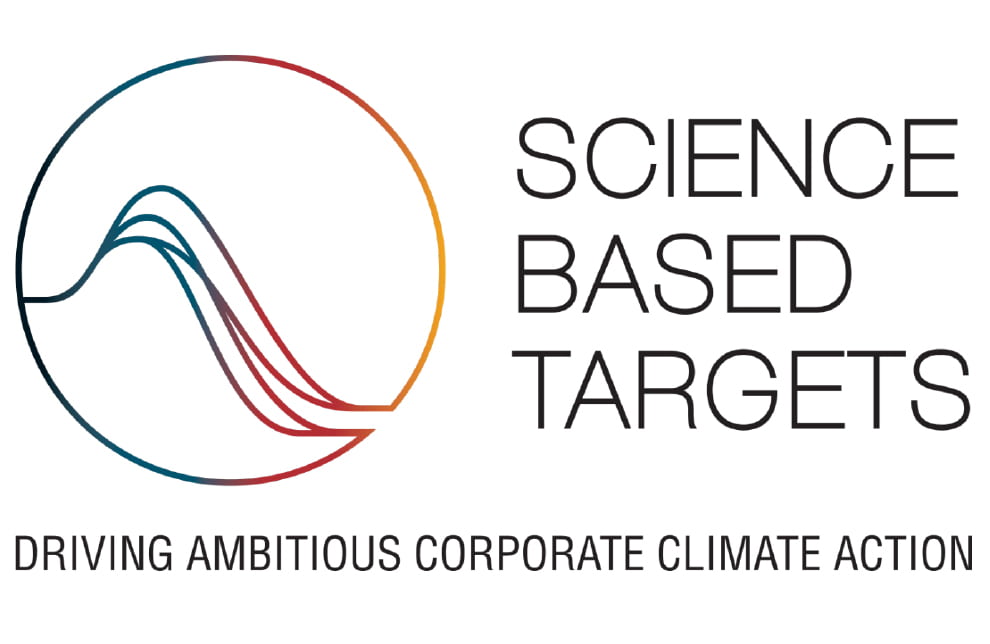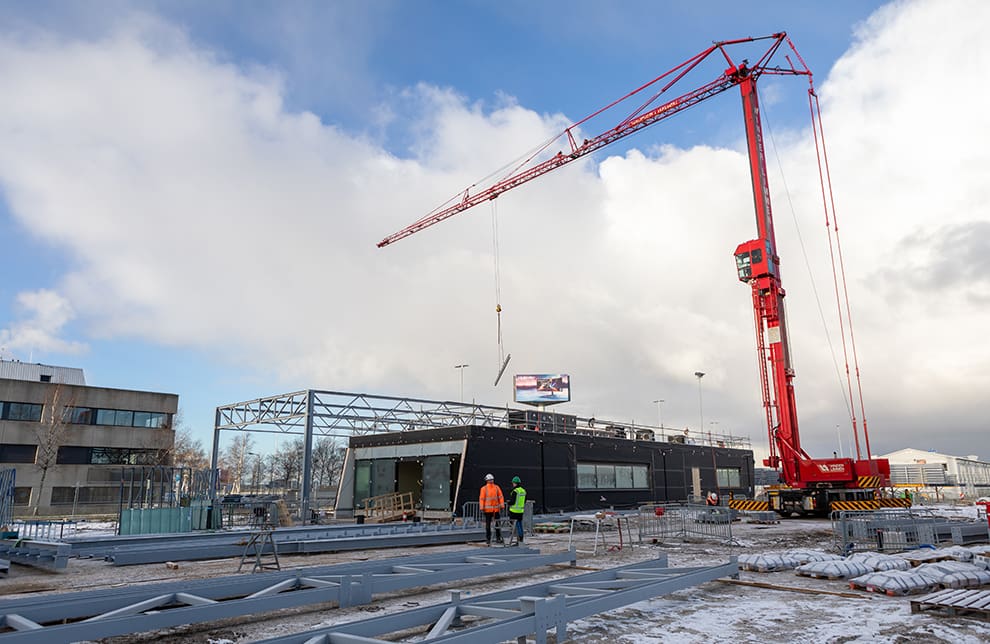Schiphol in line with ‘Paris’
The Science Based Targets initiative has given Schiphol’s sustainability goals for 2030 and 2050 the stamp of approval. It has now been scientifically established that the airport’s sustainability targets help limit global warming to 1.5 degrees and are therefore in line with the Paris Climate Agreement.

Schiphol first major airport to meet SBTi’s Net-Zero Standard
We determined our sustainability goals in 2018. Schiphol wants to be a zero-emission airport in 2030. This goal applies to our own buildings and assets, as well as to the ground equipment of our partners, including baggage tractors, baggage belts and pushback trucks. We also want to be a zero-waste airport. All waste, including that of our partners, is recycled or reused. And in the long term, by 2050, we’re aiming for net-zero aviation. SBTi's approval of our short- and long-term goals makes Schiphol the first major airport to meet SBTi’s Net-Zero Standard.
Thorough assessment of sustainability targets
SBTi is an international partnership between UN Global Impact, CDP, WNF and others that brings together a great deal of climate knowledge. The organisation carries out independent scientific investigations into the sustainability goals of various organisations and assesses whether they are ambitious enough for ‘Paris’. Targets are thoroughly evaluated in accordance with set criteria that are based on the latest scientific insights. SBTi also monitors the progress of organisations. Companies voluntarily apply for SBTi accreditation, something that Schiphol did in 2020.
Annual SBTi check to see whether Schiphol is still on track
Our measures were assessed in terms of their impact and it was concluded that they are sufficient to meet our targets. Sustainable energy, such as wind and solar power, electrification and energy saving at Schiphol all play an important role in our zero emissions ambition. Solutions are already being implemented and will be scaled up in the coming years. To keep our SBTi accreditation, Schiphol must report on the impact of our measures every year. SBTi then checks whether we are still on track.
More and more airlines at Schiphol are SBTi accredited
Not only Schiphol, but also other parties at the airport are working on sustainability and are increasingly requesting SBTi accreditation for their sustainability goals. Major players including KLM, Air France, easyJet, Lufthansa, Delta Airlines, American Airlines, United Airlines, JetBlue and TUI have already applied for SBTi accreditation. Ryanair, China Airlines and International Airlines Group are also preparing to do so. The more SBTi-accredited parties we have at Schiphol, the more sustainable aviation in the Netherlands becomes.
Read more about SBTi and Schiphol’s accreditation.
Read the previous blogs
-
Special high-voltage substation
Published on:New high-voltage substation contributes to one of Schiphol’s most significant sustainability goals: zero emissions in 2030.

-
More electric equipment
Published on:Most diesel generators have now been replaced by electric ones. Schiphol provides almost all planes parked at the gate with electrical power.

-
Start construction circular checkpoint
Published on:For the new checkpoint we are using material left over after the demolition of three office buildings and three cargo buildings at Schiphol.
